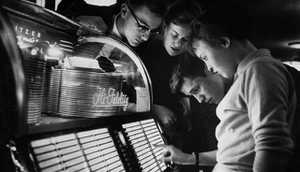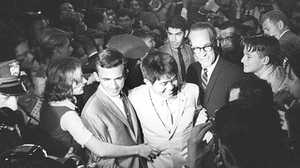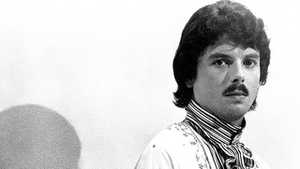A song that says nothing is on everyone's lips.
By Jewly Hight
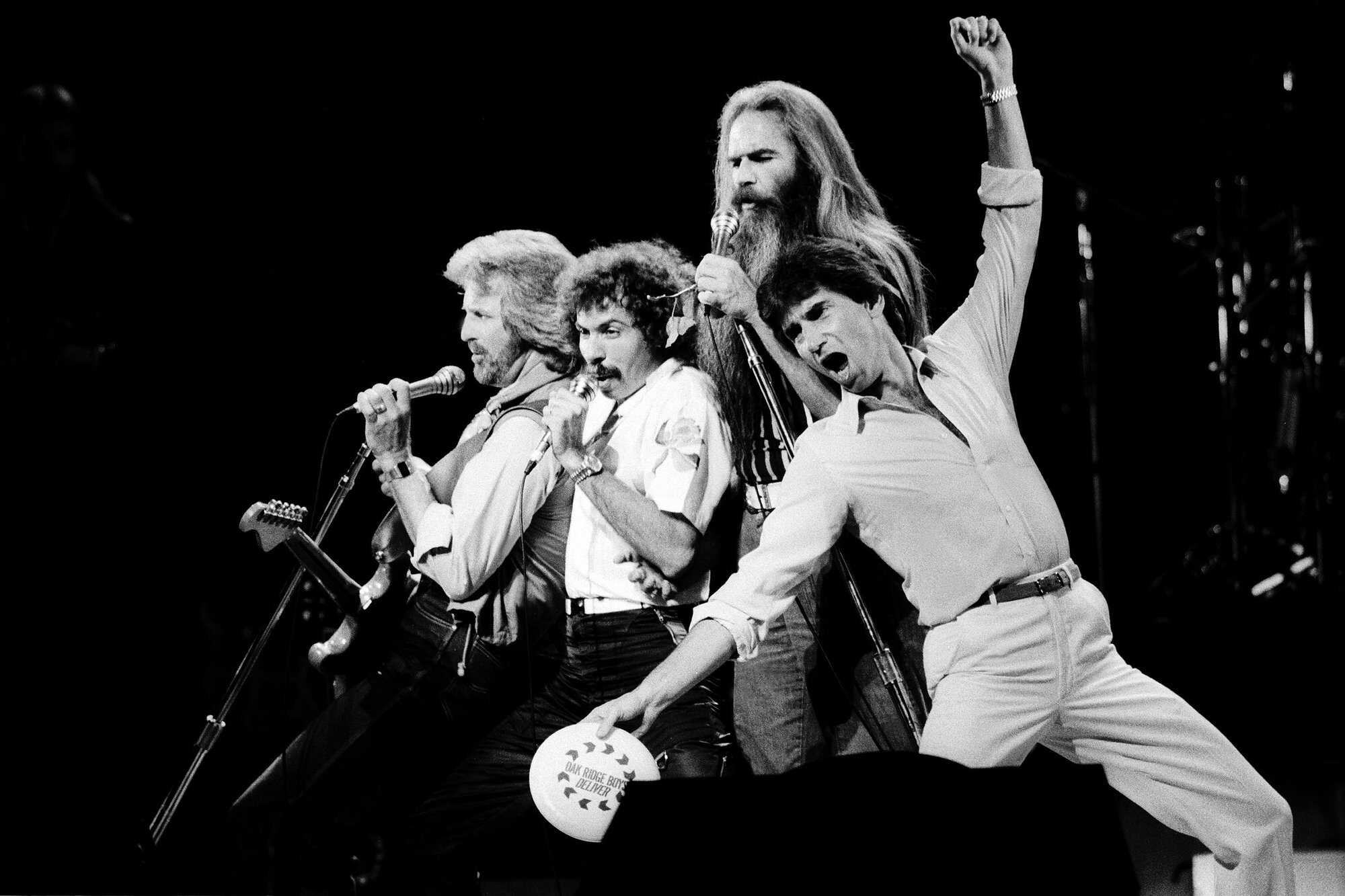
Good luck pinpointing the precise reason for a pop song’s breakthrough. The many factors that come into play — like aesthetic trends, favorable timing and how broadly its sentiment resonates — are downright difficult to quantify.
But one thing’s sure in the case of the doo-wop-reviving, 1981 smash “Elvira,” which transformed The Oak Ridge Boys from a top-tier country act to a mainstream pop draw: it wasn't the song's profundity that won over the nation. The Oaks themselves will tell you as much. “I mean, the song doesn’t really say anything,” chuckles the quartet’s tenor singer, Joe Bonsall. “‘Oom-papa-mow-mow’ means absolutely nothing.”
Not even the song’s author, Nashville songwriting veteran Dallas Frazier, would argue with that assessment of the song’s jauntily nonsensical lyrics. “It doesn’t have great poetry,” he offers. “Somebody could just really pick it apart if they were comparing it to ‘Moon River.’ But it’s not meant to be a ‘Moon River.’ It’s a classic example of what I call a ‘feel’ song.”
It certainly made live audiences feel something in the early ‘80s. First, there was the pleasure of watching seasoned performers show off. Nearly every time that bass singer Richard Sterban delivered the “oom-papas,” coolly demonstrating his control of an impressive vocal range and gingerly syncopating his phrasing, women screamed their approval.
But the single also hit a nostalgic sweet spot. Dallas Frazier had released his rascally, youthful version of “Elvira” in ’66 to airplay on a handful of black radio stations in the Deep South. A few years later, Kenny Rogers & The First Edition included a high-strung, minor-key, nearly psychedelic version of the song on an album. Later still, Rodney Crowell reimagined it as humid, suggestive country-blues.
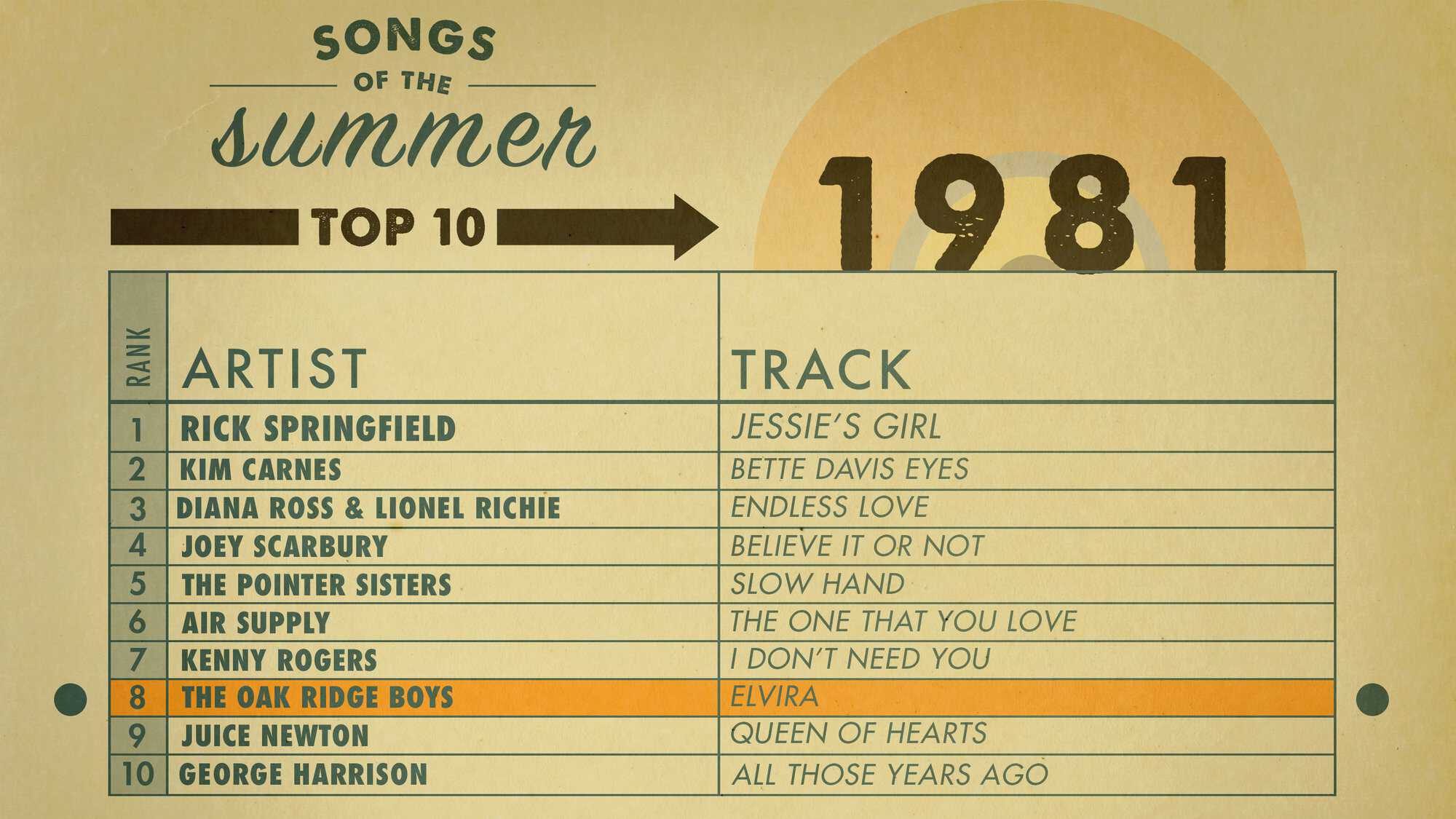
The Oaks' '81 take on "Elvira" hearkened back to the era that originally inspired the song — the late '50s through the mid-'60s, when countless pop and R&B novelty numbers featured fun, frivolous lyrics. The Rivingtons’ minor '62 hit "Papa-Oom-Mow-Mow" is a case in point. Sample lyric: “Funniest sound I ever heard/And I can’t understand a single word.”
But the Oaks also made the thrice-recorded song their own. Previous renditions drolly rhymed "my heart's on fire-a" and "Elvira." The Oaks dropped that gimmick and, on the suggestion of producer Ron Chancey, delegated to Sterban’s deep bass the low-slung, goofy refrain that each of the other artists had sung in the same register as the rest of the song.
Bonsall, who was singing lead, listened to Frazier's original 1966 recording a couple of times, then developed his own interpretation. The giddy swagger of his performance exuded far more playfulness than sensuality. In concert, it was his habit to widen his eyes and jump in the air when he sang the line, "I get a funny feeling up and down my spine." Not much has changed there. "I maybe don’t get in the air as high as I used to, but I still kinda do that," Bonsall says now. "The song just screams out to be hammed up, you know?"
The voices of Bonsall, Sterban and their bandmates Duane Allen and William Lee Golden sat well out front of the rhythm section's amiably loping shuffle. It’s the general consensus among those present at the recording session that they nailed it on either the first or second take. "It was just one of those magic things that happen," insists Chancey, the producer. "I know that sounds corny. Everybody uses that word: 'magic.' But every once in a while, that comes along, and it just all fell into place. I’ve been in so many recording sessions with various artists, and when you have to force it and keep working on it and working on it, it very, very seldom is a hit. The ones that are hits are the ones that come easy, when everyone’s having a good time."
"Elvira" landed in the pile of songs the Oaks had already recorded for their album Fancy Free. According to band lore, they only came to appreciate the song's true potential when they tested out some new material in the middle of a show in Spokane, Washington. "When we did 'Elvira,'" Sterban recalls, "the place went crazy. The response was, like, unbelievable. We had to encore it several times, actually. People wouldn’t let us quit singing 'Elvira.'"
They insisted that their label make it their next single. Released in March of '81, in the midst of the Urban Cowboy craze, the song climbed a country chart otherwise populated by sleekly discofied beats and gushy soft rock ballads. "Elvira" was ideal for line dances (you can still find loads of routines demonstrated on YouTube), but it was on a decidedly more retro wavelength than other dance floor-targeted country hits of the day. Even so, it topped the Billboard country chart by late May. By August, it was the group's biggest pop hit to date, reaching number five on the Hot 100.
The Oaks were as crossover-ready as any of their country peers. They'd already accumulated enough hits in their native format for a “Best Of” album; made the rounds on all the big primetime talk shows, including Johnny Carson's, Dinah Shore's and Merv Griffin's; and upgraded their image, achieving a slick, cosmopolitan look by stocking up on designer scarves, jeans, sports coats and suits each time they were in L.A.
Pop success propelled them into the then-rarified ranks of Nashville-based arena headliners, toting state-of-the-art lighting, lasers, smoke and ramps on the road. They were also called on for such genre-bridging spectacles as a pair of massive Fourth of July shows with the Beach Boys, Joan Jett & the Blackhearts, and Mr. T.
All the exposure burned the images of the Oaks into the memories of multiple generations of listeners. Reflects Bonsall, "You hear a lot of songs and you go, 'Wow, I love that song.' But you have no idea who the artist is or don’t care. People knew it was the four of us singing 'Elvira.' So we were forevermore connected to that song. We are to this day. I mean, the four of us can’t walk together through an airport and some dude don’t yell, 'Oom-papa-mow-mow, baby!'"
When a hook stays lodged in people's brains this long, who cares what it means?
Listen to the complete top ten from the summer of 1981 on Spotify.

Nashville-based music journalist and critic Jewly Hight has contributed to NPR/NPR Music, The New York Times, Billboard, NYMag.com/Vulture, The Oxford American and numerous other outlets. She's the author of Right By Her Roots: Americana Women and Their Songs, and won the inaugural Chet Flippo Award for Excellence in Country Music Journalism. Her late grandmother once taught her a line dance to "Elvira."
Roll down the windows, turn up the volume and prepare to sing along as American Experience celebrates the music of the season with Songs of the Summer.
In 1958, Billboard launched its Hot 100, chronicling the songs that were flying off record store shelves, playing non-stop on juke boxes, and blaring through radio speakers. Almost sixty years on, how we listen to music and how we track a song’s success may have changed, but music remains a powerful force in our culture. Every Friday from June 2 through August 25, we’ll reveal one iconic song that hit the charts, accompanied by commentary from some of our favorite music writers. Explore our historical mixtape, and check back each Friday for our next track.
Published July 14, 2017.




